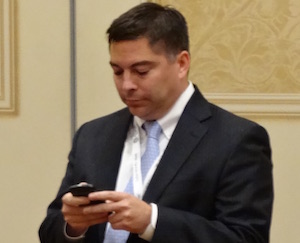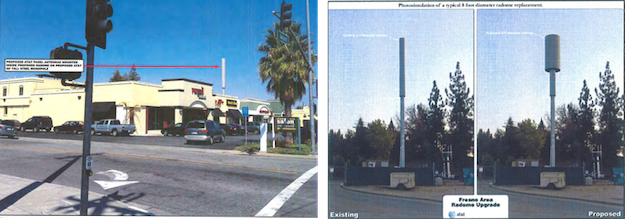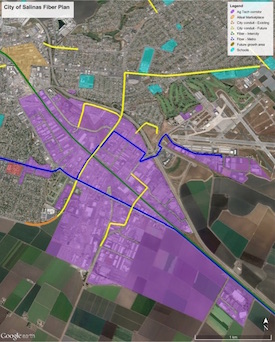Technology neutral does not mean price and service oblivious
![By JohnHStover (Own work) [CC BY-SA 3.0 (https://creativecommons.org/licenses/by-sa/3.0)], via Wikimedia Commons](https://www.tellusventure.com/images/2016/2/skid_row.jpg)
It was either pay the rent or the Verizon bill, but at least I’m getting good reception.
The Federal Communications Commission got it right last week, and the California Public Utilities Commission got it wrong. On the one hand, the FCC formally decided that “fixed and mobile broadband services are not functional substitutes for one another“, and reaffirmed that the minimum acceptable speed for wireline service is 25 Mbps down/3 Mbps up.… More


![Daniel Mayer [CC BY-SA 3.0 (https://creativecommons.org/licenses/by-sa/3.0) or GFDL (https://www.gnu.org/copyleft/fdl.html)], via Wikimedia Commons](https://www.tellusventure.com/images/2016/1/lee_vining.jpg)
![By Taken by fir0002 | flagstaffotos.com.au Canon 20D + Canon 70-200mm f/2.8 L (Own work) [GFDL 1.2 (https://www.gnu.org/licenses/old-licenses/fdl-1.2.html)], via Wikimedia Commons](https://www.tellusventure.com/images/2016/1/monopoly_board.jpg)




![Collin Knopp-Schwyn [CC BY 4.0 (https://creativecommons.org/licenses/by/4.0)], via Wikimedia Commons](https://www.tellusventure.com/images/2016/1/pole_attachment.jpg)
